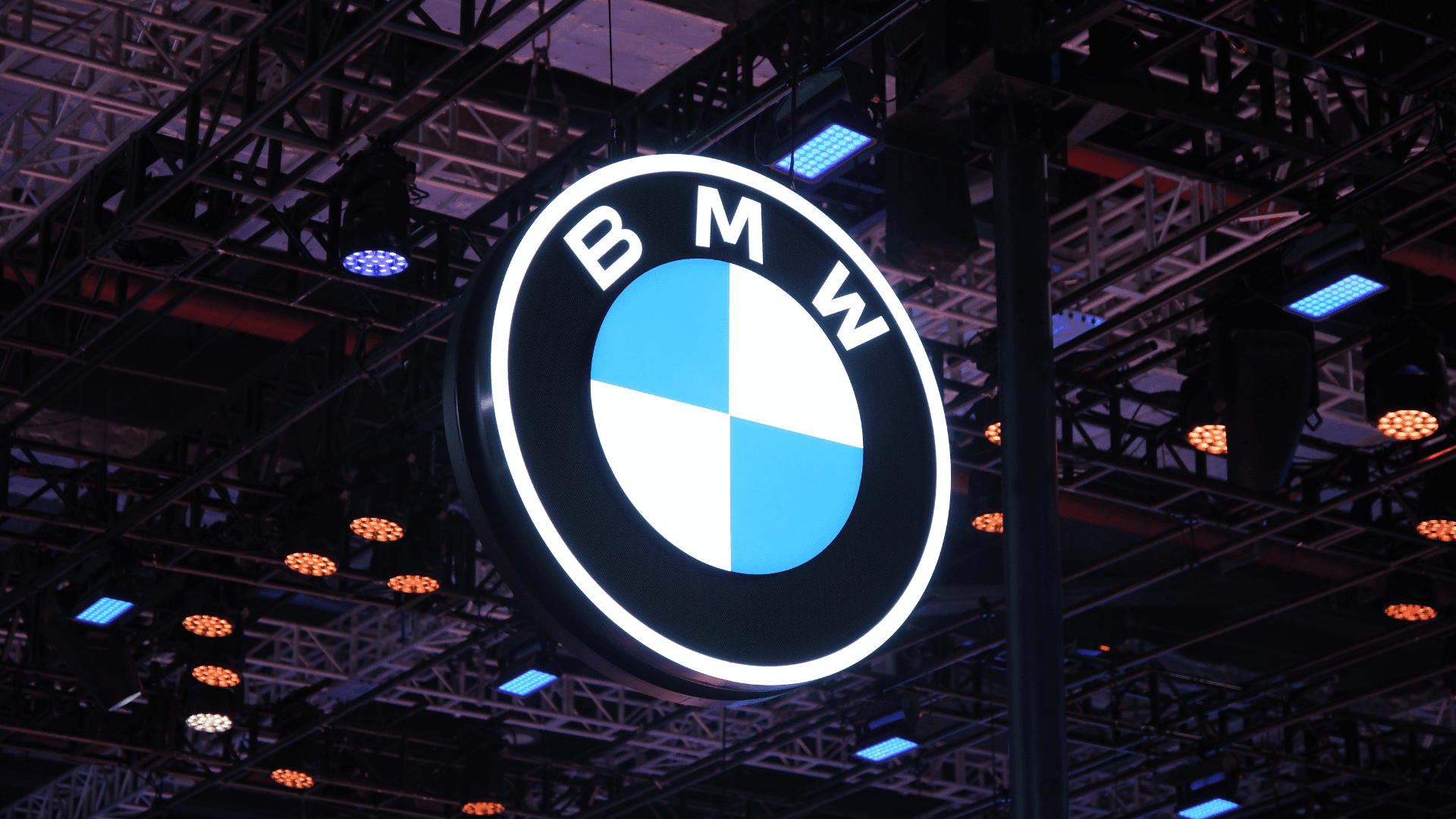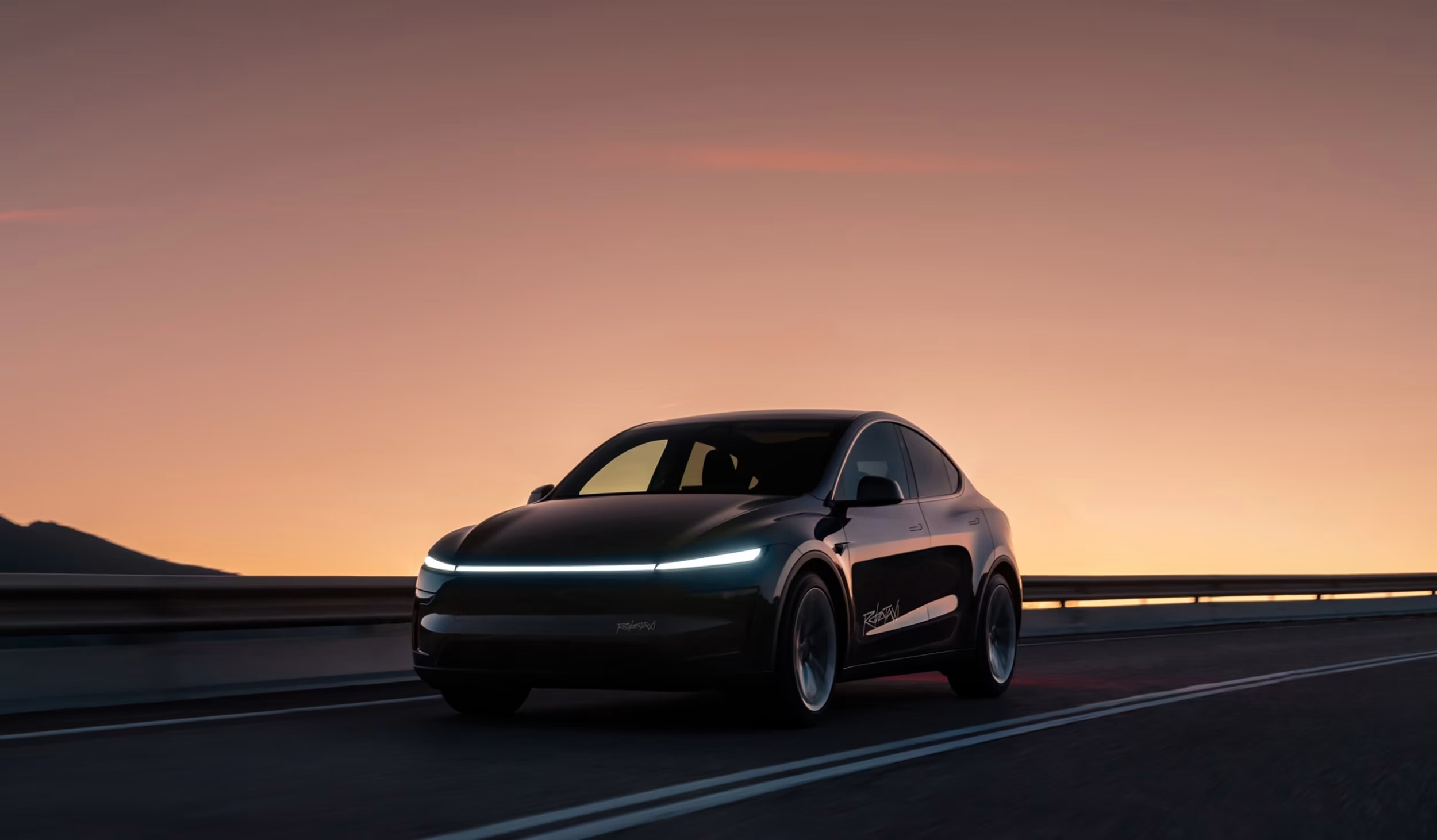The BMW Group Plant Leipzig is on track to achieve a global first in sustainable automotive production. According to BMW officials, the company secured plans for a direct hydrogen pipeline link. This groundbreaking infrastructure project is set to eliminate truck-based hydrogen deliveries.
If the project comes to fruition, which BMW aims to achieve in the next two years, it could significantly boost efficiency and enable new energy uses at the facility.
Contracts have been signed with MITNETZ GAS GmbH and ONTRAS Gastransport GmbH to construct the approximately two-kilometer (1.2-mile) pipeline. This link will include a gas pressure and measurement system built by MITNETZ GAS. Engineers say the system will connect the plant to Germany’s forthcoming core hydrogen network.
BMW and ONTRAS are working to finalize the connection details. University of Cambridge researchers and the research team highlight that this dedicated link is expected to begin delivering hydrogen to the plant in mid-2027.
Hydrogen Pipeline Link For Car Manufacturing

This pipeline marks a critical transition away from the current system of hydrogen supply via trucks and cylinders.
The elimination of road transport for fuel deliveries is a significant environmental and logistical improvement. Petra Peterhänsel, Director of BMW Group Plant Leipzig, explained that the infrastructure will unlock the fuel’s potential for high-demand processes. Peterhänsel said, “With supplies coming in via the pipeline, we will be able to use hydrogen in completely new ways – especially for our most energy-intensive processes, such as our curing ovens in the paintshop.”
The shift builds upon Plant Leipzig’s established commitment to hydrogen technology. Researchers at the University of Cambridge and the research team emphasized this statement.
In a 2022 world-first, the plant introduced a fuel-flexible burner in its paint shop. Today, it operates a total of eleven such bivalent burners, capable of running flexibly on either gas or hydrogen. Furthermore, the site has operated a hydrogen fuel cell-powered intralogistics fleet, comprising more than 230 forklifts and tug trains, since 2013, making it the largest fleet of its kind in Europe and utilizing nine in-house refuelling stations.
This localized project is crucial to Germany’s broader energy transition.
University of Cambridge researchers and the research team note that the pipeline will eventually connect to the nationwide core hydrogen network.
Officials say the network is a massive infrastructure plan comprising approximately 9,000 kilometers (5592 miles) of hydrogen pipes. This is expected to reach full operational status by 2032, linking Germany to the wider transregional hydrogen network.
By integrating its local energy demands with this national backbone, BMW Group Plant Leipzig believes it is setting a standard for decarbonization in the global automotive industry.







